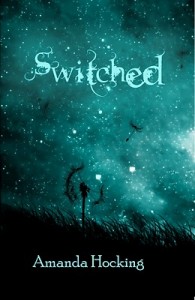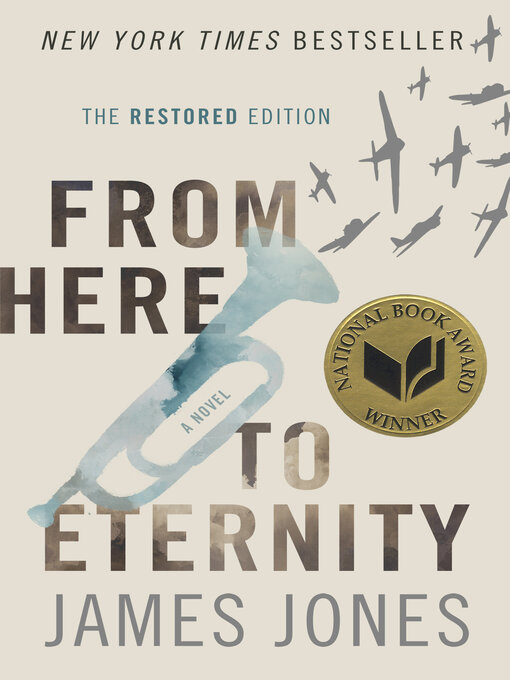Amanda Hocking, from Self-Publishing to Major Book Deal
Tuesday, June 21st, 2011 The poster girl for self-publishing, Amanda Hocking (her ten YA urban fantasy and paranormal romances have grossed around $2 million since she began publishing them through Amazon’s CreateSpace last year), was profiled in Sunday’s New York Times Magazine.
The poster girl for self-publishing, Amanda Hocking (her ten YA urban fantasy and paranormal romances have grossed around $2 million since she began publishing them through Amazon’s CreateSpace last year), was profiled in Sunday’s New York Times Magazine.
But she recently abandoned her self-pubbed status for a major deal with St. Martin’s. Why? She tells the NYT Magazine that she wants “…to reach as many people as possible among the 85 percent or so of the population who don’t have e-readers yet. For me to be a billion-dollar author…I need to have people buying my books at Wal-Mart.” Also, there is a concern that major retailers will not want to stock books published by their competitor, Amazon.
St. Martin’s will publish Hocking’s Trylle trilogy (already in paperback by CreateSpace and on Kindle) in August, 2012. The original Watersong series begins Fall 2012.
Trylle trilogy
Switched 9781250006318; January 8, 2012 (currently available from CreateSpace, pbk, July 5, 2010; 9781453688939)
Torn 978125000632; February , 2012 (currently available from CreateSpace, pbk, Nov. 15, 2010, 2010; 9781456355791)
Ascend 9781250006332; April 2012 (currently available from CreateSpace, pbk, Jan. 11 2011, 2010; 9781456541286)
Watersong (exact pub dates not set for later titles in the series)
Wake 9781250008121; August 2012
Lullaby 9781250008107; (Fall 2012)
Tidal 9781250005663 (Winter 2013)
Elegy 9781250005670 (Spring/Summer 2013)
Yesterday, Amazon announced that another self-published author, John Locke, has joined their “Kindle Million Club,” for authors who have sold over 1 million paid copies in the Kindle Store. The author of mysteries and westerns, Locke publishes his paperbacks through self-publisher Telemachus Press and uses Kindle Direct Publishing for his ebooks.
If Amazon authors choose to do so, they can make their eBooks available to libraries through OverDrive; but neither Hocking nor Locke are listed on OverDrive’s database.

 Today’s Morning Edition on NPR featured the re-release, in ebook, of the classic
Today’s Morning Edition on NPR featured the re-release, in ebook, of the classic 